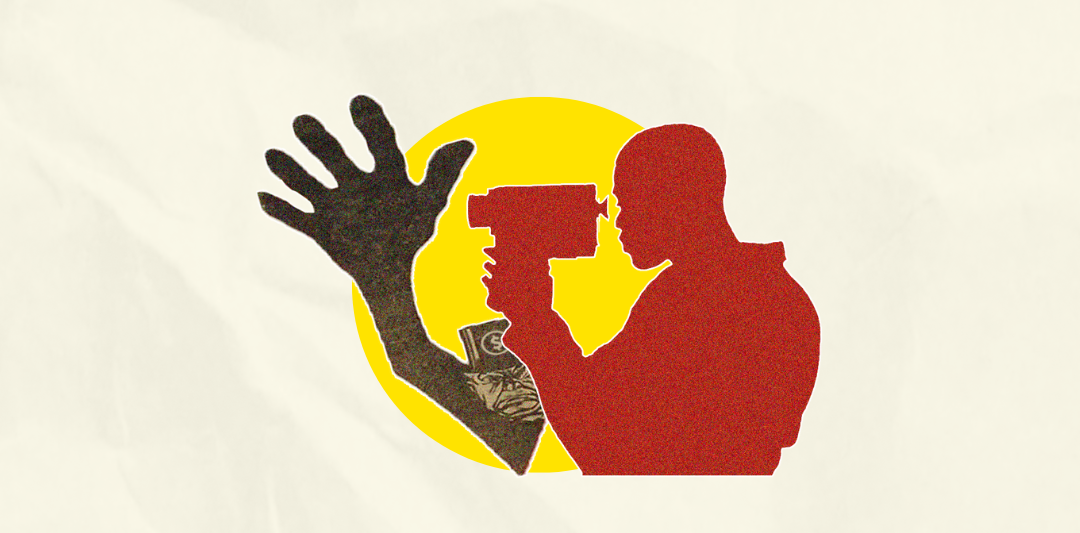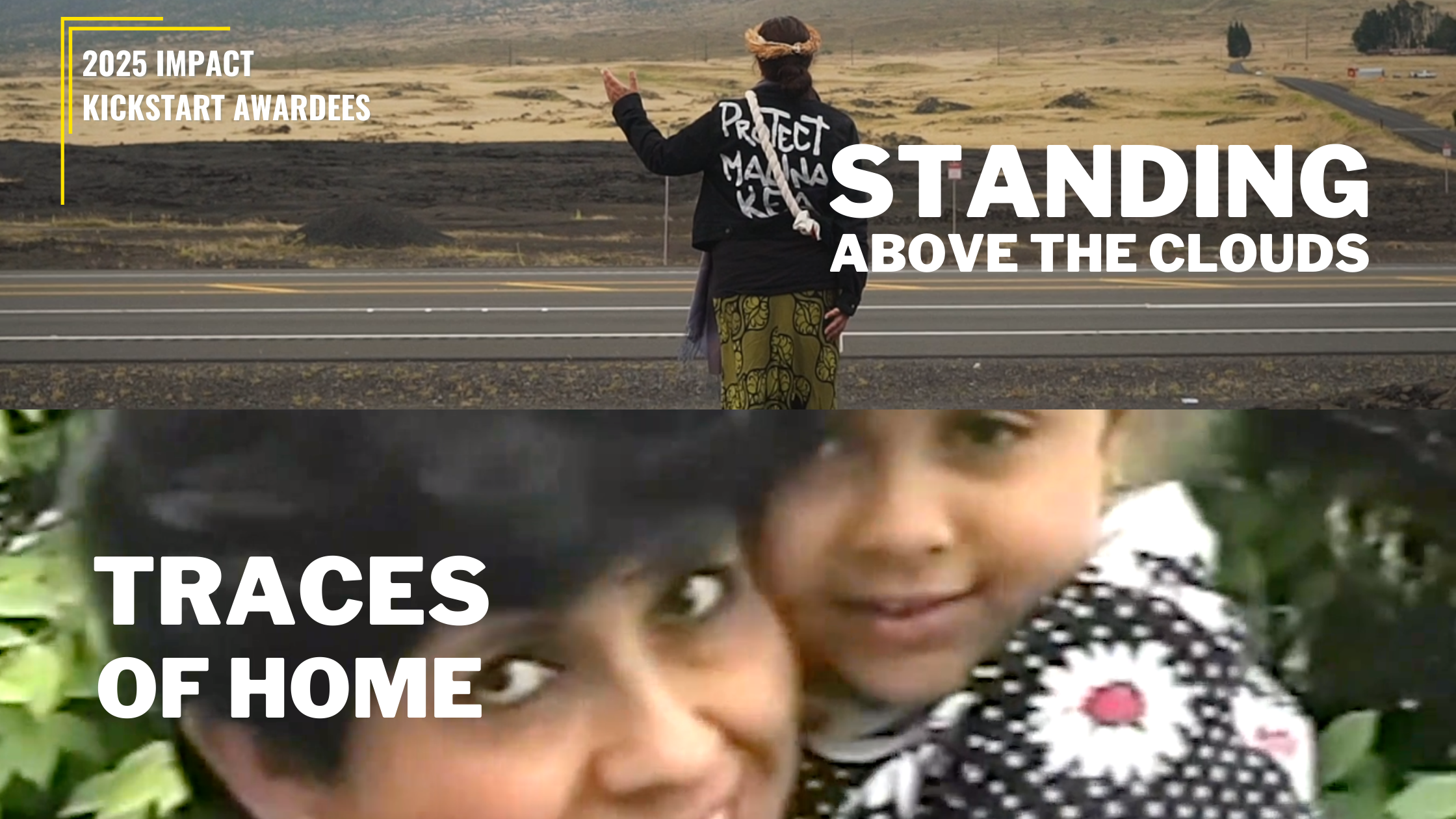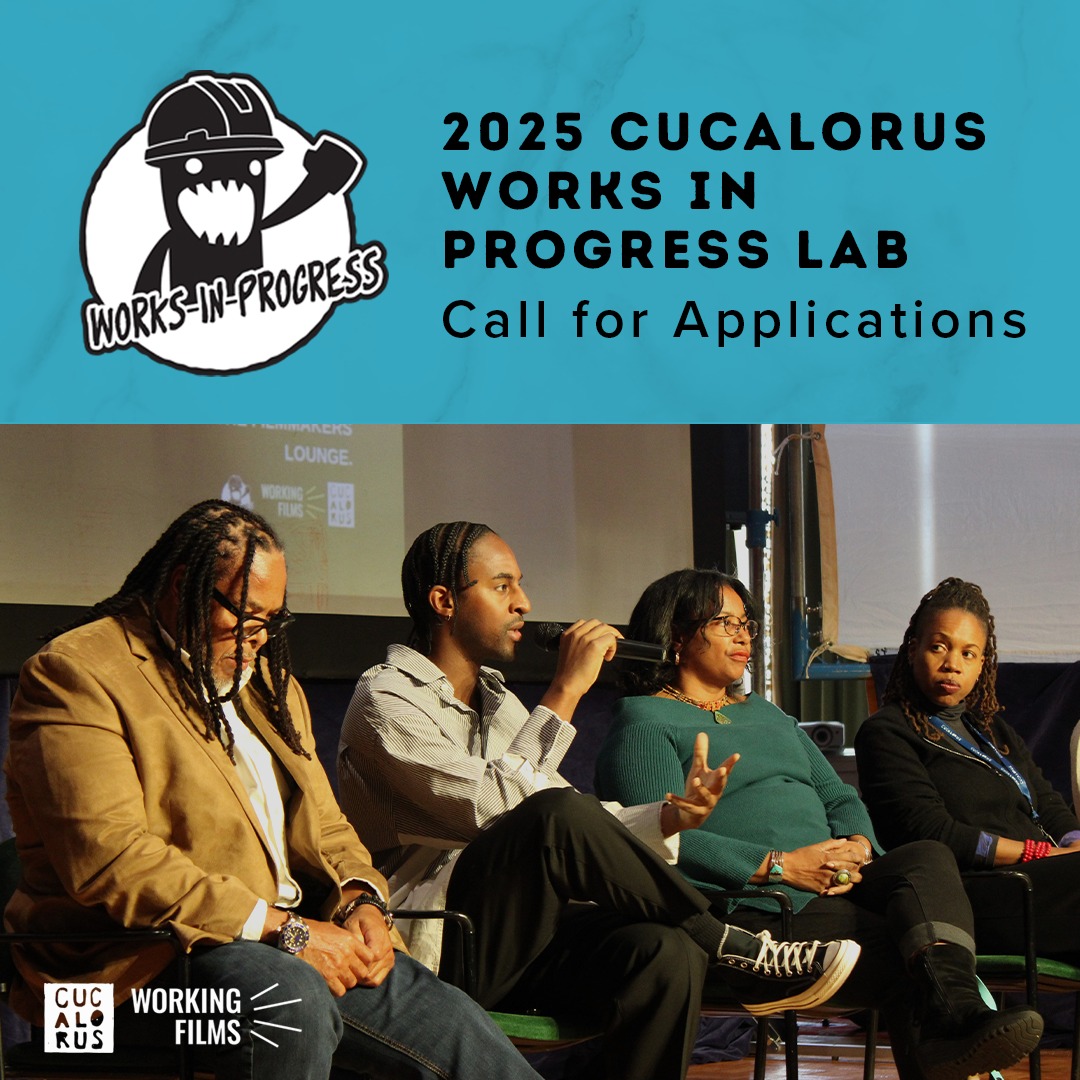Launched in 2023, Beyond Walls is an organizing initiative featuring documentary films that define and amplify what prison industrial complex (PIC) abolition means, while inspiring people to imagine and take action toward a world without policing. Beyond Walls continues to resonate across communities in 2024, the recent screening at Dartmouth College stands out as a pivotal moment. Held on May 8, 2024 in Hanover, New Hampshire, the event not only showcased the powerful narratives of Prison Industrial Complex Abolition but also sparked profound reflections and conversations among attendees.
Dr. Bench Ansfield, the organizer of the event and a Postdoctoral Fellow at Dartmouth, highlighted the timely significance of the screening, “coming on the heels of an administrative assault on Palestine solidarity organizing on campus.” This incident, which involved the mass arrest of 90 protestors, within the student encampment known as Brave Space, galvanized student interest in abolitionist visions and ignited a passionate response.
One such student, Cameron Moore, who attended the Beyond Walls event on campus, wrote the following reflection:
Beyond Walls connects people through shared realities shaped by the prison industrial complex and motivates them toward its abolition. Unlike other documentaries on incarceration, the short films curated by the Center for Political Education, Critical Resistance, MPD150, and Survived + Punished in partnership with Working Films, focus on the stories of individuals on the inside, as well as the impact of their forced relocation of their loved ones. The films follow how communities organize and support each other as they work to survive and how people on the inside form communities for survival.
 The underlying theme: mass incarceration is an issue forming and informing the systems around it. What These Walls Won’t Hold details the work of Adamu looking for purpose during his sentence and finding it through organizing with those both on the inside and outside. Both Adamu and communities on the outside worked to expose the conditions of prisoners during the COVID-19 pandemic, amongst state inaction. Adamu’s bravery exposed how the prison made the spread of the illness worse through the inhumane conditions the prisoners were forced to withstand. Defund the Police, and Practical Abolition discuss ideas central to the fight for prison abolition. With the choice of simple illustration and captioning, both films encourage more extensive conversations that can span generations, race, education, and more, which is central to organizing. When people can understand how the issue of mass incarceration directly impacts them, their family, or their community, they can organize against it. Calls from Home details the work of an entire community to connect to their incarcerated loved ones. The film highlights the humanity of those on the inside, how inhumane their conditions are once they are incarcerated, and how small acts can be monumental for resisting. The film also highlights the power of Black maternity in the face of mass incarceration, as a group of women come together to support one another, upholding their relationships with family on the inside. In I am Free Now You Are Free, a family is disrupted by incarceration and over-policing due to resistance and works through how it will impact the future. The films collectively give voice to people incarcerated and the lives that are impacted by their absence.
The underlying theme: mass incarceration is an issue forming and informing the systems around it. What These Walls Won’t Hold details the work of Adamu looking for purpose during his sentence and finding it through organizing with those both on the inside and outside. Both Adamu and communities on the outside worked to expose the conditions of prisoners during the COVID-19 pandemic, amongst state inaction. Adamu’s bravery exposed how the prison made the spread of the illness worse through the inhumane conditions the prisoners were forced to withstand. Defund the Police, and Practical Abolition discuss ideas central to the fight for prison abolition. With the choice of simple illustration and captioning, both films encourage more extensive conversations that can span generations, race, education, and more, which is central to organizing. When people can understand how the issue of mass incarceration directly impacts them, their family, or their community, they can organize against it. Calls from Home details the work of an entire community to connect to their incarcerated loved ones. The film highlights the humanity of those on the inside, how inhumane their conditions are once they are incarcerated, and how small acts can be monumental for resisting. The film also highlights the power of Black maternity in the face of mass incarceration, as a group of women come together to support one another, upholding their relationships with family on the inside. In I am Free Now You Are Free, a family is disrupted by incarceration and over-policing due to resistance and works through how it will impact the future. The films collectively give voice to people incarcerated and the lives that are impacted by their absence.
Beyond Walls is a call to care. The lives of incarcerated people and their families are shown to question whether our current means of punishment are genuinely effective. The films display the harm resulting from not a crime but the punishment for the crime. One of the mothers in Calls From Home said she could not think of her son all the time because of the wave of emotions and the hopelessness she feels for his situation. The wave of uncontrollable emotions she forces herself not to feel about her son is similar to how people think about loved ones who passed away. The premature death of inmates is evident in the hopelessness felt by their loved ones – emotions strong enough to disrupt your life coupled with the hopelessness of the permanence of their incarceration. In any other context, forced separation between mother and child is unheard of, but putting a 17-year-old away for 50+ years, away from all he knows, is not. The film displays the unique tragedies that incarceration often causes, unknown to those unaffected.
Beyond Walls is the perfect example of agency and voice. In the face of over-policing and mass incarceration, it is resistant to view yourself as a human being. The films highlight the long-denied humanity of incarcerated people and speak to the millions of communities that work to support them. The film gives communities affected by mass incarceration methods of resistance that center care in the face of violence and constant dehumanization. Prisons isolate people, treat them inhumanely, and refuse incarcerated people livable conditions and medical treatment, all to reinstate the idea that prisoners are less than human. As the idea that inmates are inhuman grows, prison administrators are allowed to treat prisoners negligently to cut costs despite valid concerns about the conditions in which inmates must live. This intentional neglect is evident through the calls for mass releases in What These Walls Won’t Hold when both Adamu and other community members raised concerns about inmates dying from COVID-19 at gross rates despite widespread knowledge of the health crisis. The films shed light on the people who work effortlessly to get people out of prisons, find legal aid, work to make their conditions more livable, and try to form circles of care that honor the humanity of incarcerated people. All of the films question the notion that incarcerated people are surplus and, therefore, do not add value to the rest of the population. In reality, communities are never the same when hauls of their people are incarcerated, permanently isolating people from their families, friends, jobs, and lives.
Host a screening of Beyond Walls in your local community!





